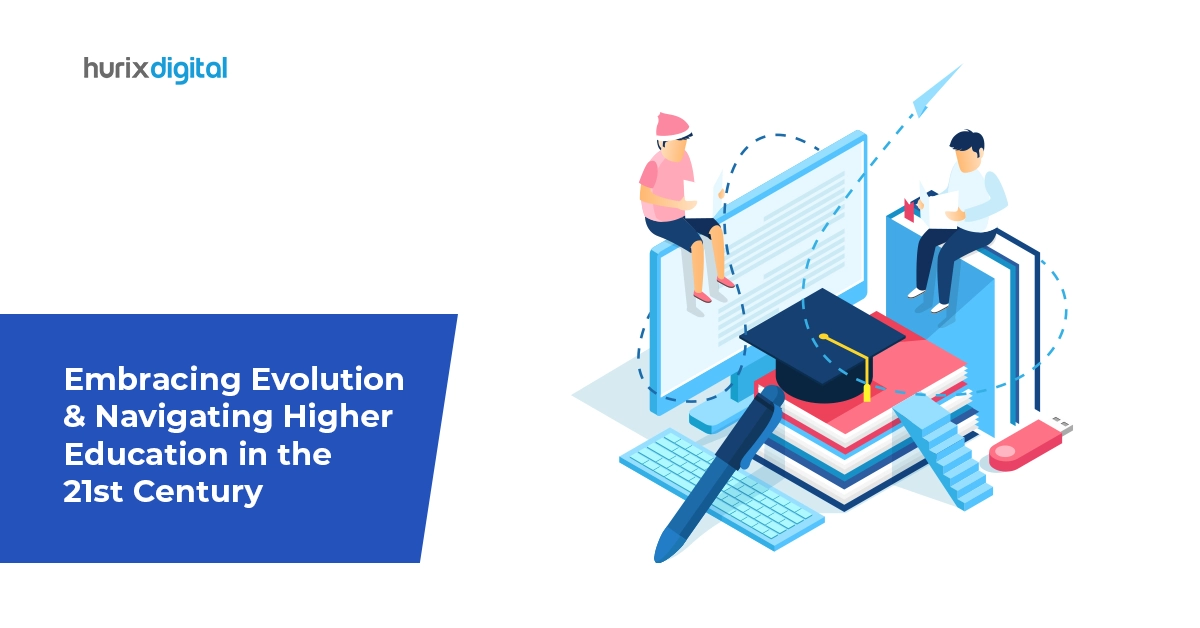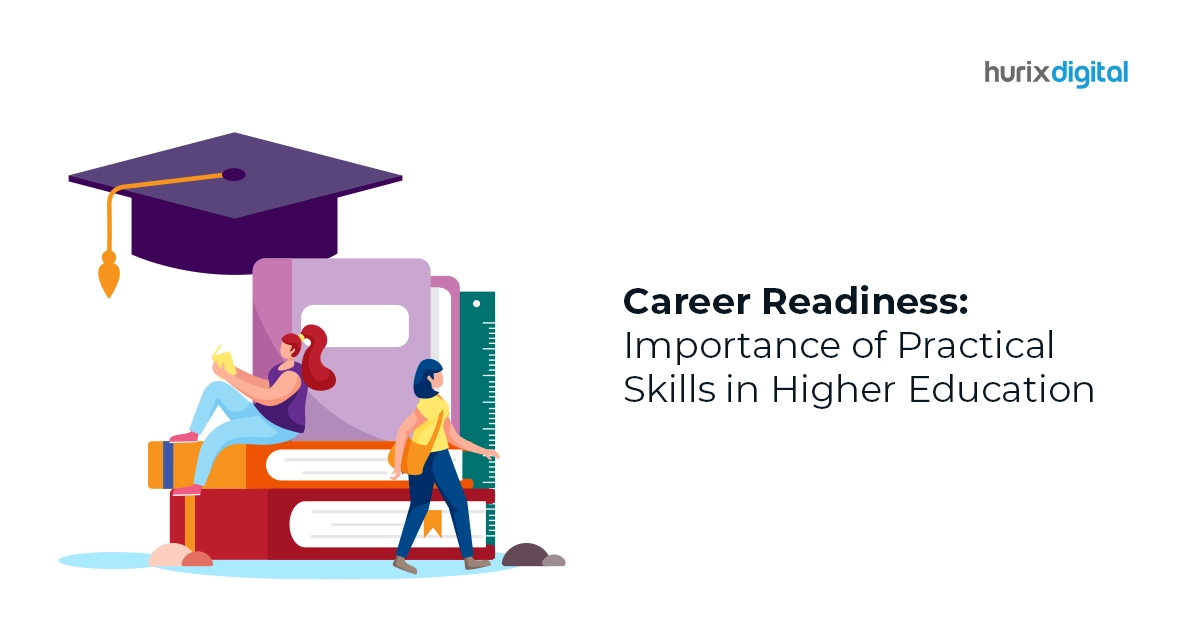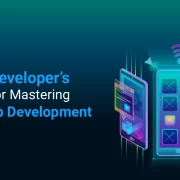
8 Reasons Why Flexibility is the Future of Higher Education
Summary
This article outlines eight reasons why flexibility is the future of higher education. It highlights how flexible learning options support personalized educational paths to meet the evolving needs of students.
It is no secret that the traditional system of higher education is no longer working out in the post-pandemic era. It is not accessible to everyone, especially those living with physical and mental disabilities, working professionals, busy young parents, and people who are unable to find the time to attend classes on time.
This is why the world is today becoming more inclined towards online higher education and eLearning modules.
According to a study by the National Center for Education Statistics (NCES), almost 12 million undergraduate students in the United States were enrolled in at least one distance education course in late 2020. Around 7 million undergraduate students exclusively chose distance education courses.
Digital higher education that offers ease of accessibility and flexibility is much in demand throughout the world.
Table of Contents:
- Flexibility in Higher Education: Why is it Needed?
- What is Flexibility in Higher Education?
- Why Flexibility is the Future of Higher Education?
- How Hurix Can Help You Implement Flexibility in Higher Education
Flexibility in Higher Education: Why is it Needed?
Until a few decades ago, the typical college student was a young male from a privileged background who could afford to attend college full-time and devote several hours to his education.
But now, times have changed, and so have the demographics of students who desire to acquire higher education. Students of higher education in the modern era comprise people across genders, ethnicities, and age groups.
Many students today are 25 years old or older. Several have full-time jobs, while numerous are married with small children. In the changing scenario, an efficient education system needs to allow for flexibility in the way people access higher education.
What is Flexibility in Higher Education?
In a flexible higher education system, students can decide what, when, how, and where they learn. The students can customize their learning experience based on their needs and convenience.
Digital learning and online education are forms of flexible learning. Digital education is often accessed at home via the Internet. Flexible learning can also be delivered in a classroom setting with the option of attending the sessions online.
A flexible higher education system makes it possible for people with full-time jobs and/or children to continue their academic journey and avail of new opportunities.
Why Flexibility is the Future of Higher Education?
Technological advancements have made digital education modules and online courses extremely popular on an international level. The traditional system of education is no longer considered the benchmark as the ways education is delivered continue to evolve.
While classroom teaching might not become obsolete soon, there is no doubt that hybrid ways of teaching and online education are here to stay. Here is why flexibility in higher education is the future.
1. Convenient Platform
Flexible digital learning platforms are convenient for a wide range of students, including older people, working professionals, and parents with small children.
Online education modules are often designed in such a way that they are accessible to anyone, irrespective of how hectic their schedule might be. Anyone who can access the internet can partake in online education.
2. Flexible Learning Environment
Most digital courses are not time-bound. One need not attend the live classes as recordings are made available to watch later.
People with jobs can do their course on the weekends or in the evenings after returning from their jobs. Young parents can plan their study time according to their children’s schedules.
3. Meaningful Interactions with Others
Thanks to technology, students of higher education not only have access to their own professors and course-mates but also have the option of connecting with industry experts and alumni members.
Online courses often entail group discussions on Zoom, PowerPoint presentations, and other interactive methods of interaction.
4. An Array of Learning Programs and Courses
When it comes to digital higher education, there are no limits to the variety of learning programs and courses one can access.
Since there are no physical barriers to online education, one can explore a wide range of courses in the area of their interest and choose what to study. Students living in one country can easily enroll in a program offered by a college in a different country.
5. Study without Compromising Your Lifestyle
Are you a travel enthusiast? Do you go for long walks daily? Do you volunteer at a children’s shelter on the weekends?
Each person has a rich life encompassing numerous activities, hobbies, and interests. One does not have to compromise with their lifestyle just to earn a higher degree.
By choosing flexible higher education options, students can easily fit in their study time in their leisure hours.
6. More Economical Than Traditional Degrees
Acquiring a quality higher education is a basic right that should be available to everyone. Traditional college courses are often expensive, and not everyone is in a position to afford a full-time college degree.
However, with online digital education, one can access a range of courses in the fields of their interest. Besides full-time online courses, one can also opt for part-time courses at very nominal rates.
7. Access a Plethora of Resources
Those who enroll in digital courses get access to a plethora of resources.
Students often get lifetime access to course materials, the option to join dedicated Facebook and Telegram groups, and 24*7 online access to college libraries. They also get online or telephonic support regarding queries, questions, and advice.
Some universities also give their remote students the option of joining their students’ union community.
8. Learn Essential Life Skills
Successfully completing online learning programs takes much self-discipline. Students opting for digital courses simultaneously learn essential life skills like time management and personal responsibility.
Online education offers the scope for more nuanced learning that is not possible in traditional classroom environments.
Also Read: 4 eLearning Trends for the Future of the Higher Education System in 2023
How Hurix Can Help You Implement Flexibility in Higher Education
For over two decades, Hurix Digital has been providing customized eLearning solutions and higher education solutions to corporations and educational institutions. At Hurix, we recognize the significance of being flexible in our approach to higher education so that education solutions are available to as many people as possible.
Are you looking to upgrade your educational models to cater to the changing needs of the modern student? Get in touch with the experts at Hurix Digital to design customized, flexible higher education solutions.

Senior Vice President – Business Development
Over 25 years of experience in the edtech and workforce learning industry with strong skills in Business Development, Customer Relationship Management (CRM) and Strategy.







